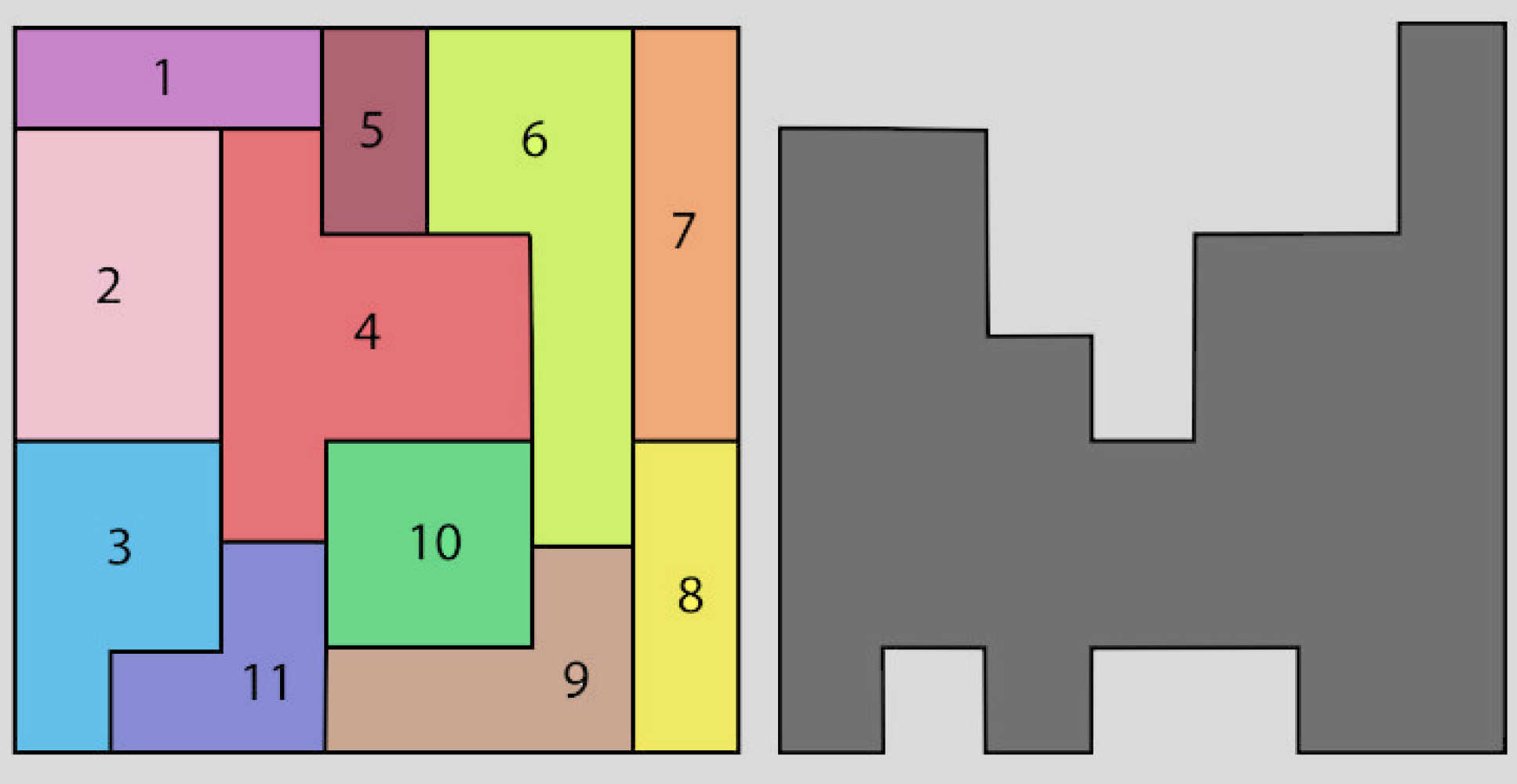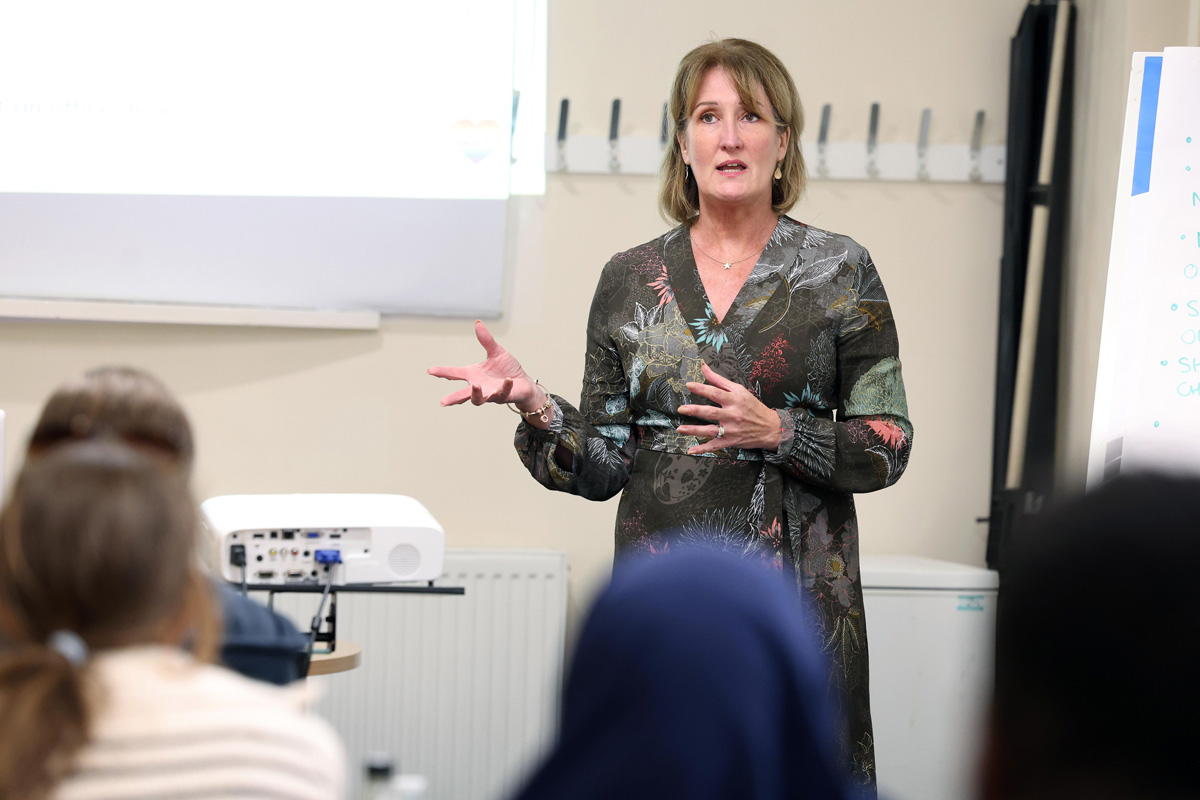Imperial College partner with BBC to test the nation’s intelligence

How clever are you? Can you train yourself to be smarter? And is your reliance on your smartphone making you more stressed or less able to think?
These are just a few of the questions Imperial researchers hope to help answer as part of a new BBC television programme.
The Great British Intelligence Test aims to gauge how the nation fairs when it comes to using our brainpower and could provide new insight into how human intelligence works.
As part of the project, Dr Adam Hampshire from the Department of Brain Sciences at Imperial has partnered with the BBC to design a series of online challenges which gauge our mental faculties.
The test can be taken online and users can see not only their personal scores, but how they compare against the nation. The findings will be revealed in a special episode of Horizon which will be broadcast on BBC2 later this year. The test was completed more than 200,000 times within the first week of January.
Whether you balk at brain teasers, or relish in reasoning, your intelligence is a combination of a number of mental skills, including numeracy, problem solving, language, spatial awareness and emotional intelligence.
Brain power benefits
An increasing body of evidence suggests that being more intelligent could help your brain to age better (lowering dementia risk), be more successful and may even help you live longer. Understanding the factors which influence intelligence, and how we can boost it, could help to improve public health in the long term.
The programme will be led by public responses, with the researchers analysing the results and drawing on the latest science on intelligence and the brain to find out more.

At the heart of the project is the Cognitron platform, developed by Dr Hampshire and Dr Peter Hellyer at Imperial. This artificial intelligence tool was designed to model human mental skills and the AI progressively improves its brain teasers with each use.
As more people take the tests and interact with the AI, the tool learns more about the major components of human intelligence and can build a better picture of how researchers might influence these, potentially boosting brainpower or even restoring damaged regions.
Dr Hampshire said: “Our previous work on human intelligence has shown some fascinating, and often quite counterintuitive insights. For example, people who brain train seem to gain little advantage in their intelligence. However, people who play computer games regularly seem to have an advantage when it comes to spatial and attentional abilities.
“The work also provides tests that are useful in our clinical research, for example, examining how different aspects of cognition develop and decline throughout the lifespan, and how that may be affected by lifestyle factors.”
“This project builds upon that work and we are asking the public for their help. By taking the online test you can contribute to important science and join us as we discover more than ever before about how our brains work the way they do.
“By analysing the intelligence of thousands of people from all walks of life, it should provide some really great insights not only into how smart we are as a nation, but into the factors which affect our intelligence and whether we can change these.”
The online test takes between 20-30 minutes to complete and BBC Horizon: Great British Intelligence Test will be broadcast on BBC2 later this year.











Responses